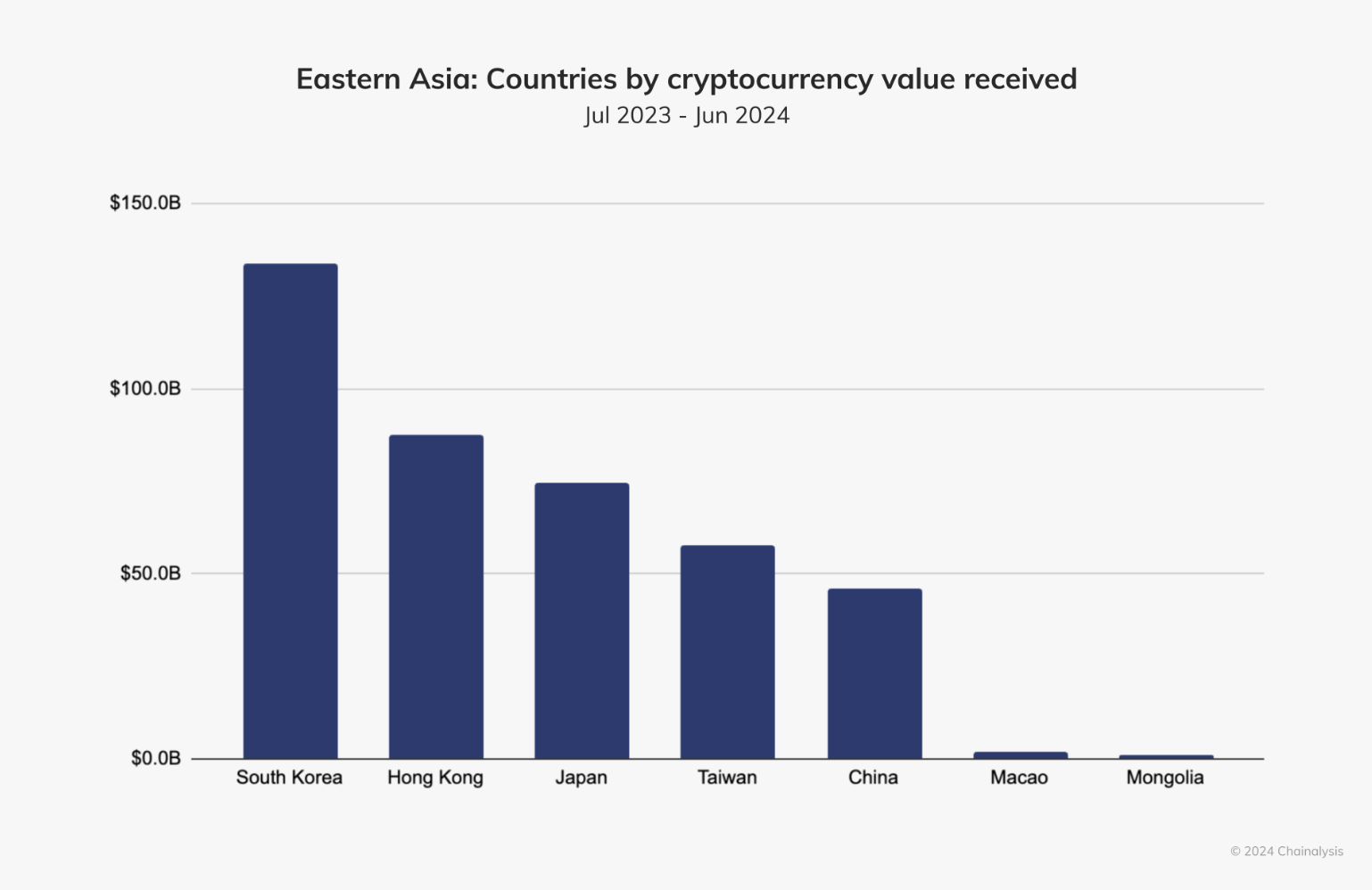Leggi questo articolo in Italiano

Hong Kong: 86% increase in crypto transactions in one year
By Davide Grammatica
The Asian mainland's run in the crypto world is led by Hong Kong, with growth in institutional interest boosted by new regulations

Hong Kong on the charge on crypto
A recent report by Chainalysis highlighted the unparalleled growth in crypto adoption in Hong Kong. Specifically, an 86 percent increase in transactions over the previous year, allowing the autonomous Chinese territory to become a hub for the crypto industry in the Asian region.
There are several factors behind this growth, but the most important one is definitely regulatory. The region has developed dedicated regulations over the past year, which unlike China’s offers the industry the opportunity to grow with institutional favor.
Not surprisingly, the main drivers of new volumes are cex, which dominates the market with a 64 percent share. At the same time, users also seem to favor centralized exchanges due to the regulatory clarity achieved.
Adoption starts in the east
Curious, if anything, would be the attitude of institutional investors, who, unlike retail, would be increasingly oriented toward trading through decentralized exchanges. The trend would stem from the intent to carry out more sophisticated investment strategies in the face of an often inefficient centralized market, and would reveal how even large players are beginning to exploit the DeFi ecosystem with more conviction.
If Hong Kong is at the forefront of crypto adoption growth, all of Asia is following closely. Between July 2023 and June 2024, the region would handle about 9 percent of global crypto transactions (over $400 billion), according to the report. South Korea still has the largest slice of the market, but the rise of Hong Kong could reshuffle the cards.

Globally, however, matters are more complicated, with other financial centers growing and depending directly on the regulatory maneuvers of various jurisdictions. Changing the hierarchies, in other words, would take very little, and maintaining this growth trend has to go hand in hand with favoring domestic policies.


